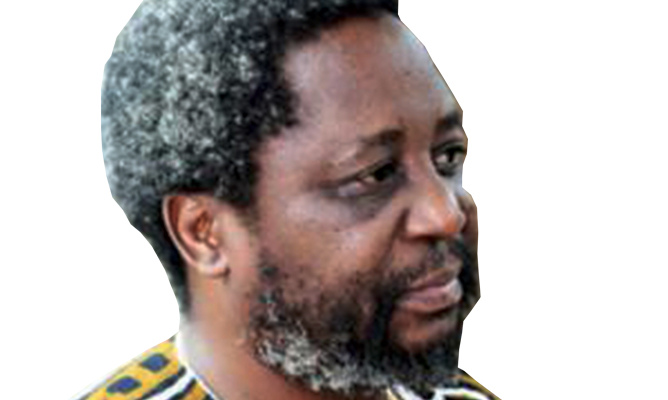
READING the book by Ignatius Mabasa’s son, Paul, titled Tsuro Anobata Zihove, I could not help, but reflect on what used to happen in the past, during the pre-colonial era, when particular gifts and skills were synonymous with certain families. So, you would have a family of hunters, a family of warriors, a family of healers, a family of blacksmiths and a family of musicians, for instance.
BY TINASHE MUCHURI
In contemporary Zimbabwe, this trend appears to have emerged as there are families whose members tend to gravitate towards a certain profession. So you can find a family of predominantly teachers, nurses, doctors, politicians or musicians, like the Chimbetus and the Mahenderes. You also see families of footballers like the Ndlovus and tennis players like the Blacks.
In the arts and culture circles, musicians’ children have done much to keep their parents’ legacies alive by taking on music — some of them successfully. Those that quickly come to mind are Portifar, son to Mike Mopo of Nherera Ndimambo fame, Machanic Manyeruke’s son Guspy Warrior, Selmor Mtukudzi and her husband Tendai Manatsa, Sulumani, Douglas and Tryson Chimbetu and Tendai Dembo whose fathers were — and are — renowned musicians.

In literature, however, the trend seems to have been picking up rather slowly as no major writer has emerged from the offspring of prominent authors. Only a few — like Farai and Charles Mungoshi Junior, Jabulani Hove and Naishe Nyamubaya — have taken up the challenge, treading the path beaten by their parents.
Although Charles Mungoshi Snr made his name on the strength of fiction writing, Charles Jnr majors in motivational writing while his brother, Farai, has gravitated more towards scriptwriting for film.
Charles Jnr’s book of quotations, Candle Light Thoughts, was overshadowed by his father’s Branching Streams Flows In the Dark, which were published the same year.
- Chamisa under fire over US$120K donation
- Mavhunga puts DeMbare into Chibuku quarterfinals
- Pension funds bet on Cabora Bassa oilfields
- Councils defy govt fire tender directive
Keep Reading
Jabulani, popularly known as DJ JBoss, is the son of the late prolific author Chenjerai Hove, but unlike his father who was attracted by the pen, DJ JBoss has gravitated towards the turntables.
The late Nobert Mafumhe Mutasa is also the father of actor and writer Felix Mafumhe Mutasa aka Dapi in Tiriparwendo and a series writer in local soap, Studio 263. Among the writers’ children, Paul the, son of Ignatius Mabasa, whose debut children’s book is full of wisdom, witty and philosophical, has taken after his father. Here Mabasa seems to have found his protégé. Paul’s 12-page booklet is about the famous uncle and nephew, Gudo and Tsuro, who feature a lot in Shona folk stories. As always, Tsuro is the clever one and Gudo is the foolish one, but even the fool has wise words if one chooses to listen to their words.
The story starts when Tsuro and Gudo meet at the river. Gudo asks a question which Tsuro deems a stupid question. Tsuro had gone to the river to drink water while Gudo had gone to catch fish. Unfortunately Gudo is not skilled. He asks Tsuro to catch the fish for him in exchange for a cup to drink water.
Tsuro teases Gudo asking him if he is not able to catch fish. Gudo replies philosophically, saying: “Munhu wese ane zvaanogona nezvaasingagone. Uye, munhu wese ane zvaanotya nezvaasingatye. (Each human being has things that he is able to do and things that he is not able to do. And, every human being has things they fear and things they don’t.)”
Tsuro confirms that he is afraid of crocodiles. Gudo says he is not afraid of catching fish, but fish not an easy catch for him. Tsuro asks Gudo to try first. Gudo tries to catch fish, but fails. Tsuro then goes underwater and meets this big fish that he sweet-talks out of the water after lying that the king of all animals wants to see him. Gudo invites all the animals to a fish feast. When all animals gather, Tsuro tells Fish they are going to put him on fire to test his bravery.
Tsuro Anobata Zihove gives life lessons to both the young and the old. This confirms the idea that folktales are not only for children, but are for all ages for wisdom is tucked in them.
To those who have read Mabasa Snr’s books, one would see the traits of his voice in his son the way you feel most children of musicians follow their parents’ music genres, perhaps with the exception of Guspy Warrior who departed from his father’s gospel to dancehall.











